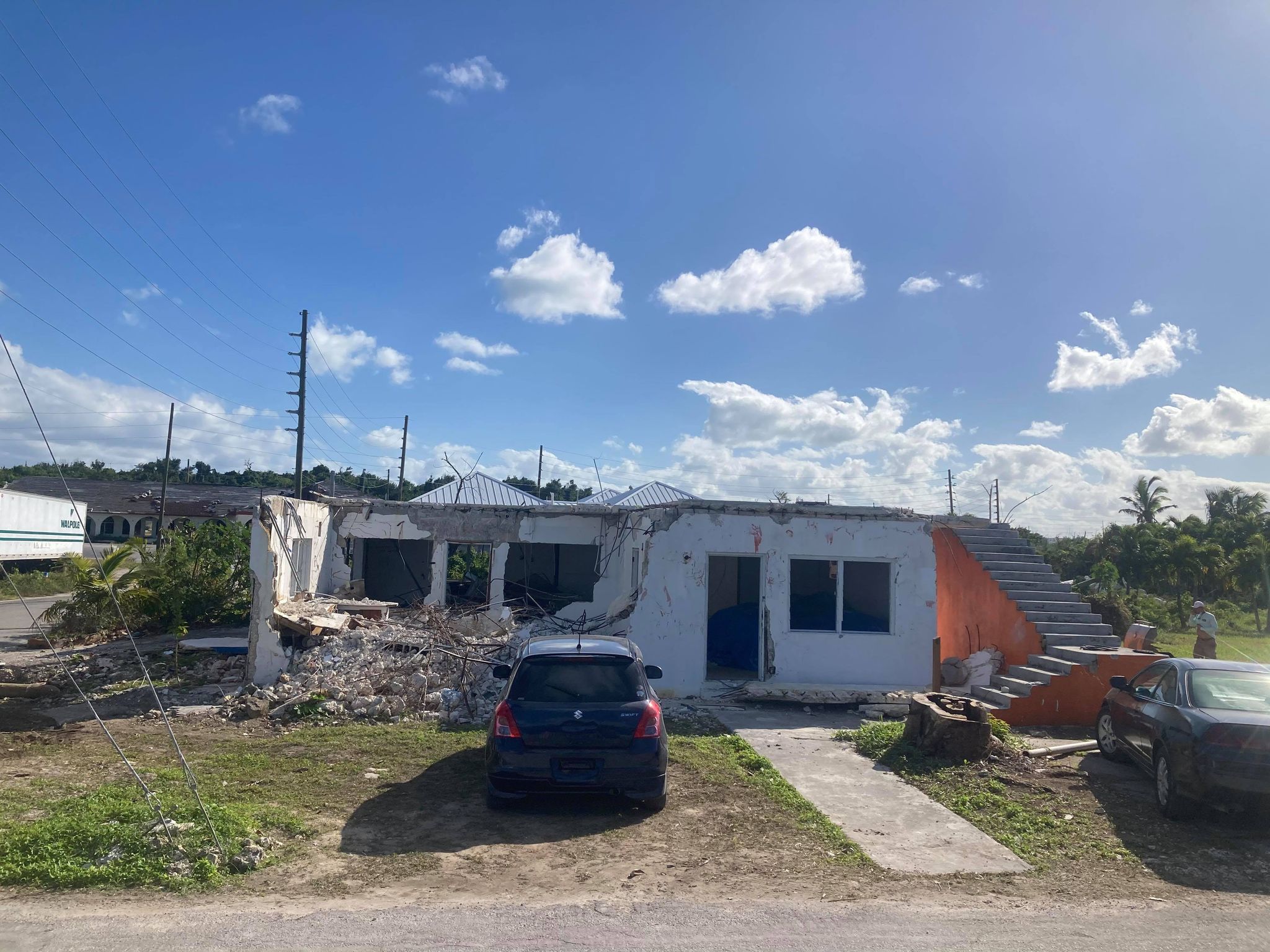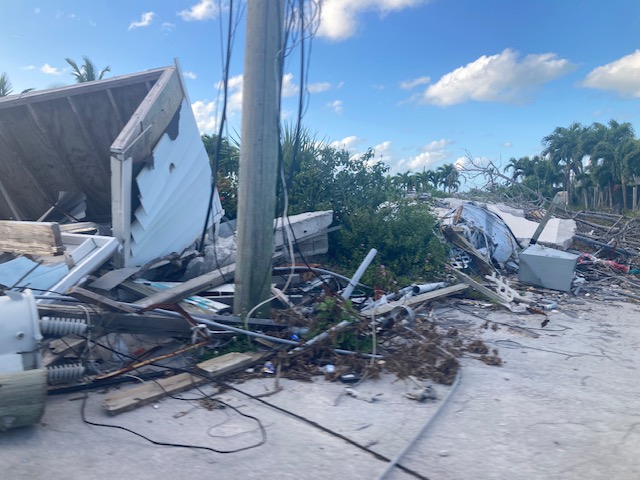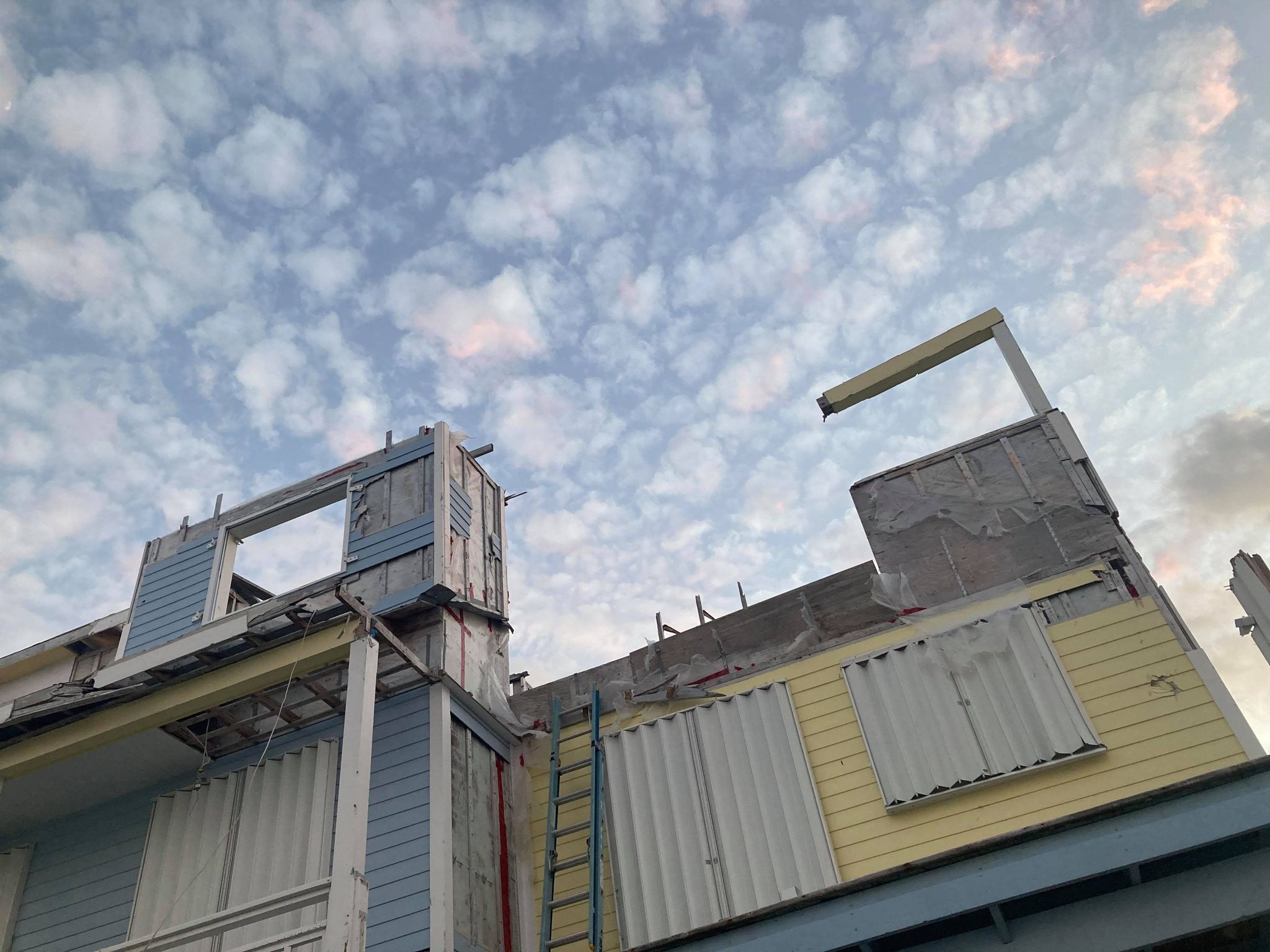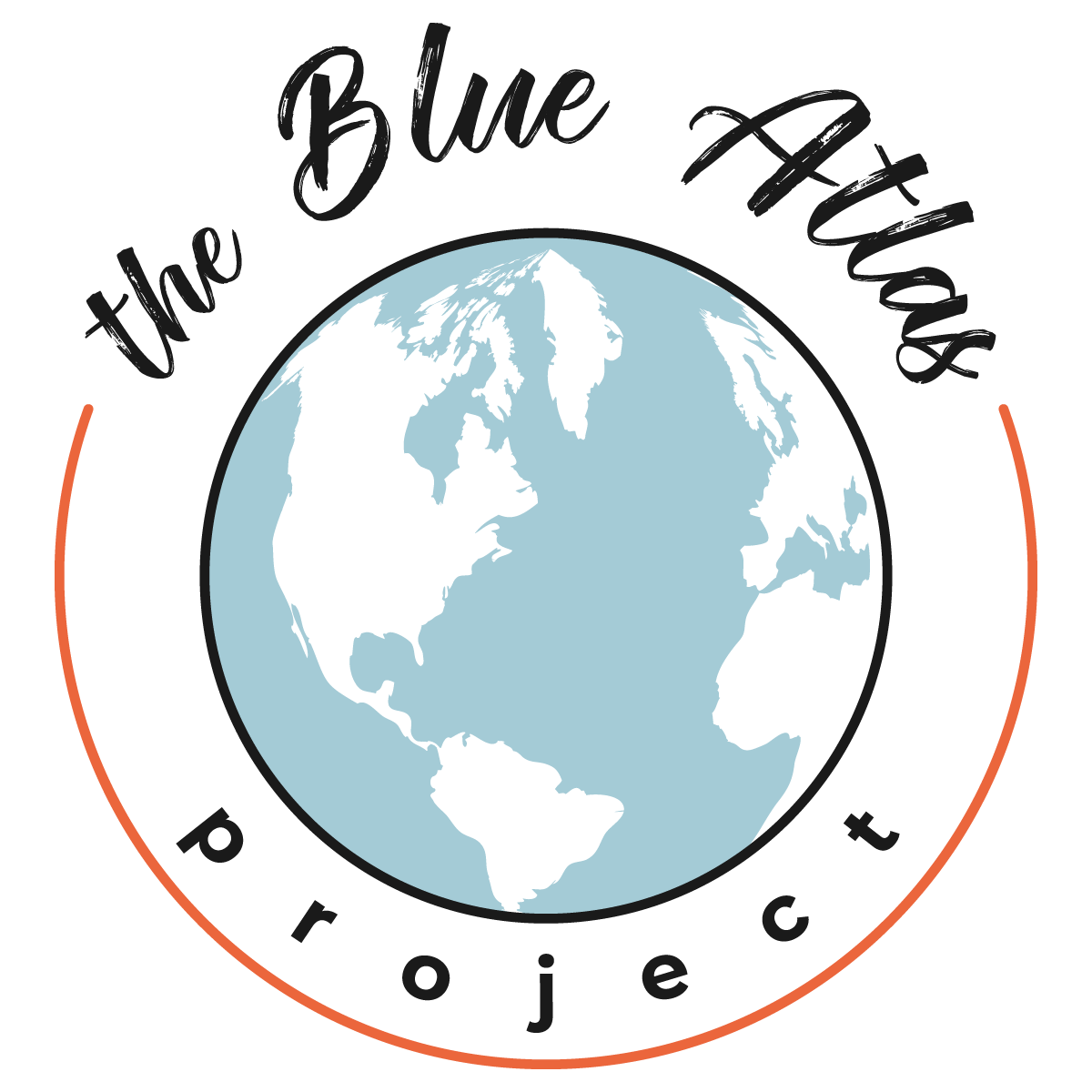Trauma. It’s such a hot word right now. What is trauma? How do we understand it? Honestly, the best definition I’ve heard, perhaps still hard to comprehend, is “trauma is the most traumatic thing that has happened to you”. A forever changing landscape for each individual, as we grow and hopefully evolve as humans it remains a constant learning process for how to best handle what life throws your way. And sometimes, it’s a lot. Sometimes, it takes time – more than you may like, support – more than you were once comfortable to ask for, and assistance to process.
Since 2017, numerous Hurricanes have pummeled the Caribbean and the United States – to name just a few, there was Harvey (Texas), Irma (Caribbean and Florida), Jose (Caribbean), Maria (Caribbean and Puerto Rico), Florence (Carolinas), Michael (Florida) and of course Hurricane Dorian, which hit the Abacos and Grand Bahamas as a Category 5 over Labor Day of 2019. Dorian sat over the island, stalling for several days causing carnage and destroying nearly anything man-made in its path. Fifteen months after, no one remains unscathed – all who lived in Dorian’s path are still struggling to rebuild their lives and homes.

Natural disasters cause losses of homes (80% of all homes in Marsh Harbor were destroyed), neighborhoods (electricity was just back up for most in October 2020), all personal property and even the death of family and friends. They do not discriminate – it impacts everyone. The trauma from a life-shattering event can be disabling. Hurricane Dorian was not simply an economic blow (a billion dollar tourist economy that came to a screeching halt) because of the physical damage caused, it also represents a traumatic “disaster” which can last much longer than the event itself.
As we walk around, get to know the folk we have been talking to over the past handful of months, we are feeling the heaviness of what they experienced. So many didn’t have time. Dorian accelerated quickly, from being categorized as a tropical storm to a Cat 5 hurricane in a matter of several days, it was hard for the people of Abaco to be able to prepare and evacuate. Damn near impossible.

In the aftermath, the rebuilding of lives can become marred by the overwhelming symptoms of trauma and stress; which disrupt the lives for years. The first efforts of emergency relief, wading through waist-high water to help neighbors…the clearing of roads, the re-establishment of the electric grid and access to clean water (which you still don’t drink), the rebuilding of homes and damaged property – all those actions brought this community closer than before, building strong bonds of friendship and support for so many. The people who stayed are in this; they are invested; are welcoming, yet asking, if you live here… please participate.
Since our arrival, the Blue Atlas team has witnessed not only the seemingly endless aftermath of the storm’s physical destruction, but also the lingering signs of the continued trauma associated with the re-building phase of the disaster. Those we speak with, continue to suffer from difficulty in sleeping, irritability, or heightened anxiety. Where they were, what their experience was, what they lost, how they helped, who didn’t… all come up quickly in the first conversation. Ever-present. And although these signs of stress have drastically subsided in the past fifteen months, they remain. But Hope is powerful.

Each story we hear ends with a “we are resilient”; “we are strong”; “we will come back”
And then a warm embrace or a handshake followed by a “thank you.” “Your timing is perfect.”
The people of the Abacos are still clearing debris from their yards, re-building roofs and restoring power, but it is clear in the eyes of everyone we meet – despite the trauma of the storm and the stress of the aftermath – there is Hope. There is progress on every front.
This community is stronger, closer, the kind of close that comes from experiencing the worst-togethe. All the relief efforts thus far have been nothing short of exemplary – this community is so grateful. But they are proud, resilient and strong. Each relies upon one another for support, friendship and strength.
It was years ago we realized and were taught by the owners of a farm in Montana, Purple Frog Gardens, that getting one’s hand dirty, growing things, was a natural anti-depressant; it increased serotonin levels. Our aim is to use that, this, connecting people with a food system, with a way to create food security, a way to eat healthier, to stimulate a local economy with that…a form of therapy.
The Blue Atlas Project is doing our best to fill a need; that need is prevalent. Between Dorian and COVID, the need for true “independence” is not a form of isolationism; it is knowing how to care and provide for basic needs. It is knowing we live in a volatile world. That we will get there. Appreciate the spices and your coffee, your coconut water and your chocolate, but support your farmers. They are the ones who fulfill those basic needs – they are the ones who get us through.
To support this project: click here. So many thank-you’s.
Written by Andrew Gober and Kali Kirkendall

0 Comments